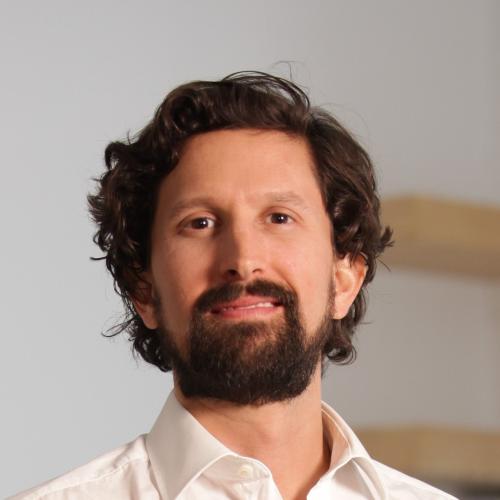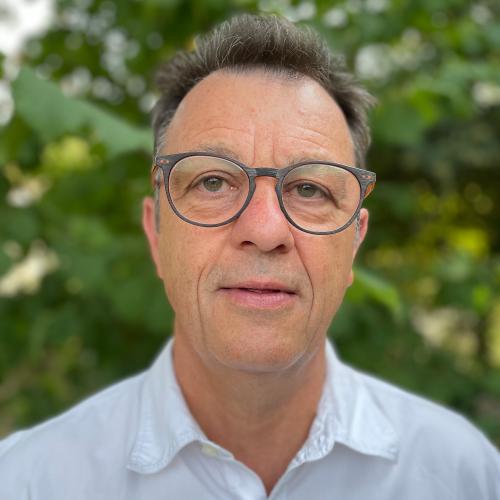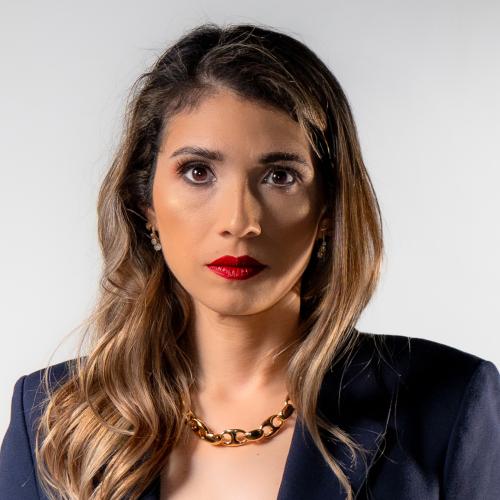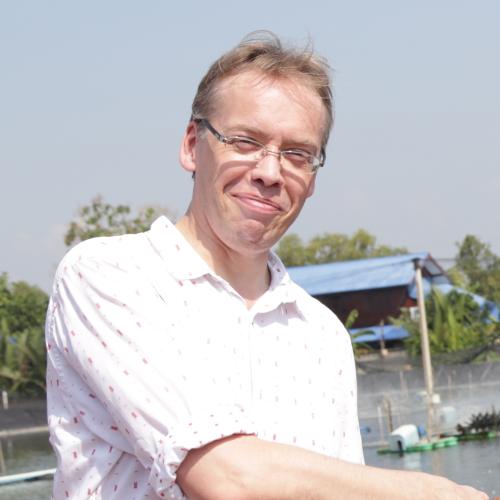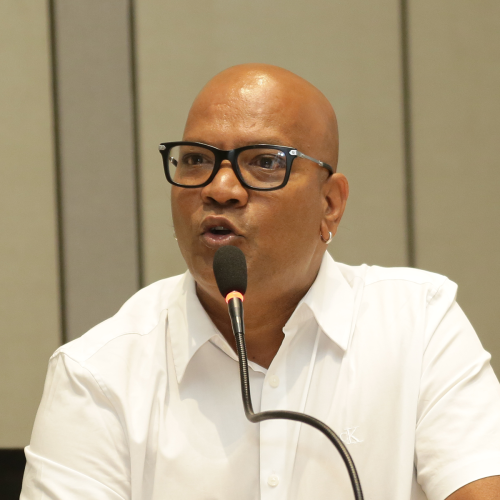Break-out session: Shrimp Welfare

Scope /
For a long time, the scientific understanding of welfare issues surrounding fish has been debated, however, the topic is increasingly on the radar. Over the last few years, there has been substantial research to assess the welfare of shrimp, including better insight on ways to measure this.
This session will provide an update on the current state of knowledge, and we will also delve into the best practices and the business case for ablation-free shrimp. Finally, two exciting examples from the field will be discussed.

Barbara Janker
Commercial Director Europe & APAC
Barbara Janker currently holds the position as Commercial Director Europe & Asia-Pacific at the Aquaculture Stewardship Council (ASC) after having worked in several roles both in the market development department as well as the marketing & communications team since her start at ASC in 2015. Born in...
Speakers /
